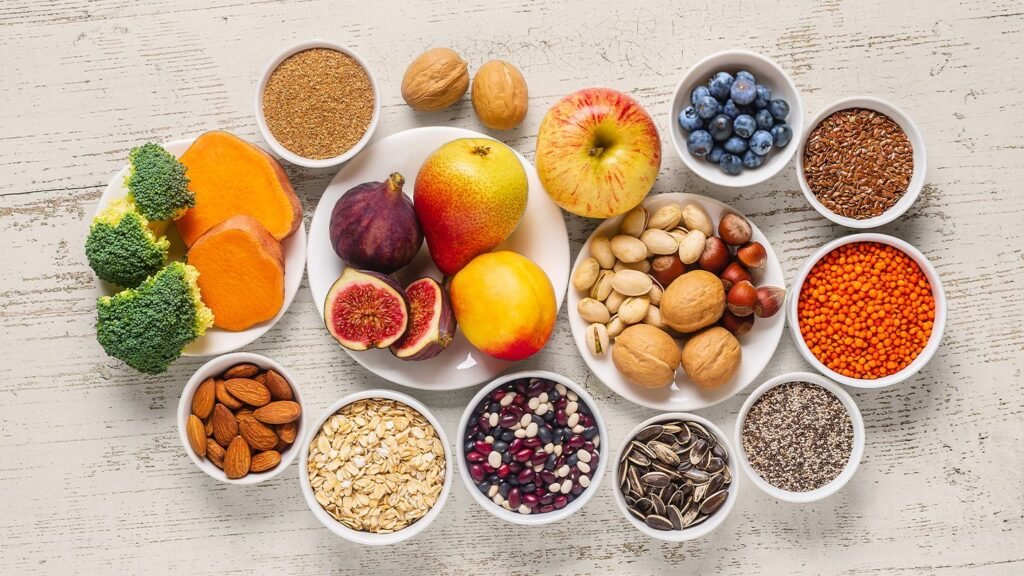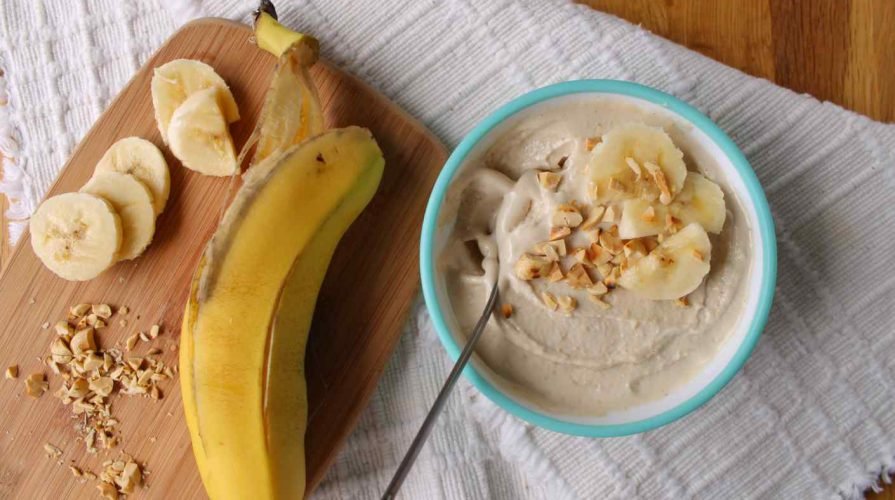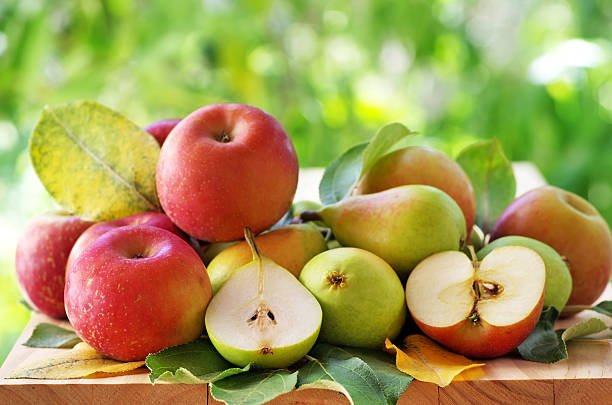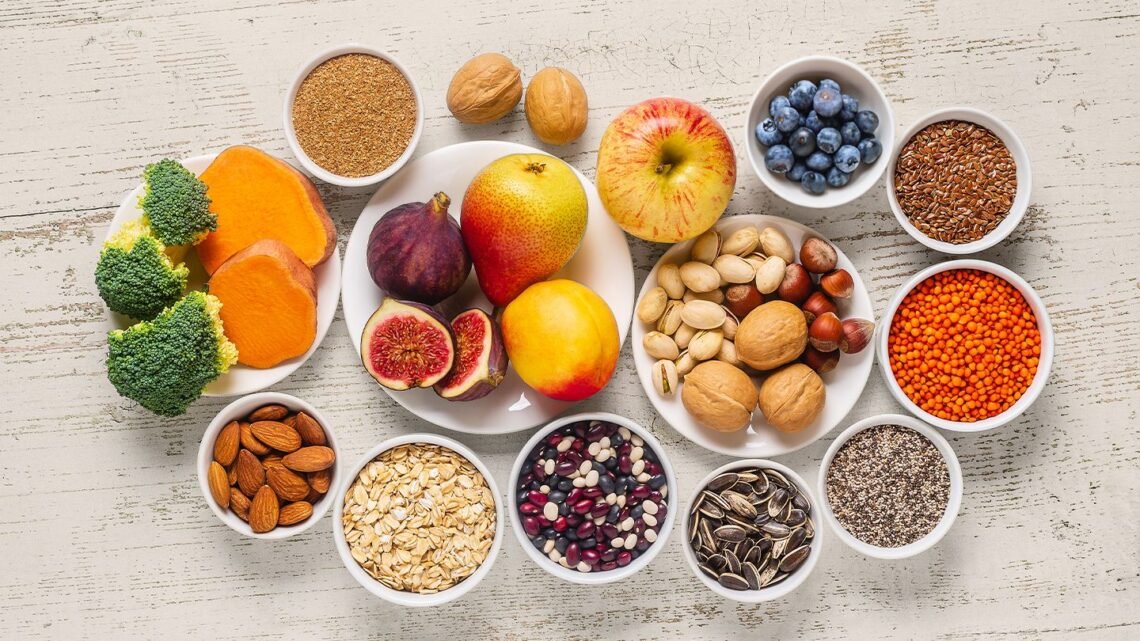Maintaining a balanced diet can be challenging. However, two essential components that often get overlooked are fiber and fermented foods. Understanding why fiber is important and how to incorporate it alongside fermented foods into your daily meals can significantly impact your overall health. In this article we will guide you through the benefits of fiber and fermented foods and provide practical tips on how to add more of them to your diet.
Why Fiber is Important

Fiber plays a crucial role in maintaining a healthy digestive system. It helps regulate bowel movements, prevents constipation, and supports overall gut health. Fiber can aid in weight management by promoting a feeling of fullness, which can reduce overeating. It also helps in controlling blood sugar levels, making it especially beneficial for those with diabetes. Moreover, diets rich in fiber have been linked to a lower risk of heart disease, as fiber helps to lower cholesterol levels.
The Benefits of Fermented Foods
Fermented foods are rich in probiotics, which are beneficial bacteria that promote a healthy gut. A diet rich in fermented foods can improve digestion, boost the immune system, and even support mental health by enhancing gut-brain communication. Examples of fermented foods include yogurt, kefir, sauerkraut, kimchi, and kombucha. These foods can help restore the balance of good bacteria in your gut, which can be disrupted by poor diet, antibiotics, or illness.
How to Add More Fiber and Fermented Foods to Your Meals
1. Start Your Day with Fiber-Rich Foods

Incorporate fiber into your breakfast by choosing whole-grain cereals, oatmeal, or adding fruits like berries or bananas to your yogurt. You can also sprinkle chia seeds or flaxseeds on top for an extra fiber boost.
2. Include Fermented Foods in Your Snacks

Yogurt with live cultures is a simple and delicious way to add probiotics to your diet. Pair it with a fiber-rich fruit like apples or pears for a snack that supports both gut health and digestion.
3. Add Fiber and Fermented Foods to Your Lunch

Opt for whole-grain bread or wraps for your sandwiches and include plenty of vegetables like lettuce, tomatoes, and cucumbers. Add a side of sauerkraut or kimchi for a probiotic boost.
4. Incorporate Fiber and Fermented Foods into Dinner

Choose brown rice, quinoa, or whole-grain pasta as a base for your meals. Add vegetables, legumes, and a portion of fermented foods like miso soup or a side of fermented pickles.
5. Make Smart Substitutions
Swap refined grains with whole grains in your recipes. Instead of white rice, try brown rice or quinoa. Replace sugary snacks with fiber-rich fruits or vegetables. Consider adding a tablespoon of flaxseed to smoothies, salads, or even baked goods.
Conclusion
Understanding why fiber is important and the benefits of fermented foods can encourage you to make these essential components a regular part of your diet. By fitting more fiber and fermented foods into your meals, you can enhance your digestive health, boost your immune system, and improve overall well-being. Start by making small changes to your diet today, and experience the positive effects of these nutrient-rich foods on your health.
If you have any queries related to medical health, consult Subhash Goyal or his team members on this given no +91 88008 25789, +91 99150 99575, +918283060000





